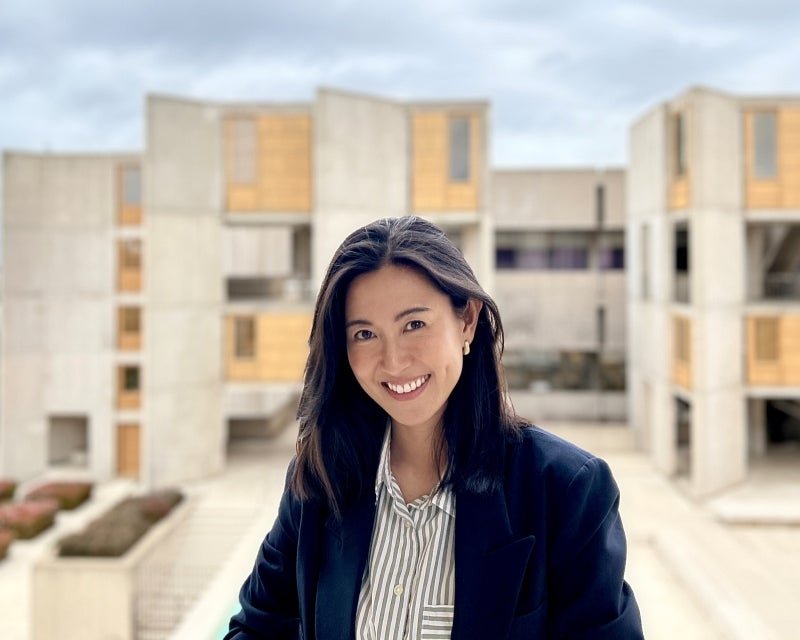An ability to flexibly use acquired knowledge to guide optimal behavior as the sensory environments change over time is a hallmark of natural intelligence. It is not well understood how adaptive learning is achieved in the brain and what aspects of this process are disrupted in disorders. In this talk, I will discuss a series of studies where we use a diverse set of computational techniques with a range of neural recordings to examine adaptive learning across different scales of investigations: from individual neurons to broader neural circuits, and to emergent behavioral patterns.

Dr. Nuttida Rungratsameetaweemana is an assistant professor of Biomedical Engineering at Columbia University where she directs the Systems Intelligence lab. She is also an affiliate faculty of the Center for Theoretical Neuroscience and a training faculty of the Doctoral program in Neurobiology and Behavior. Nuttida received her PhD in Computational Neuroscience from the University of California, San Diego. Her graduate work integrated psychophysical paradigms, neuroimaging techniques, and lesion studies to investigate how the brain organizes probabilistic sensory information for flexible decision-making. Before joining Columbia, Nuttida was a Swartz Theoretical Neuroscience Fellow at the Salk Institute for Biological Studies, where she explored the computational principles of adaptive learning using biologically inspired deep learning models.


